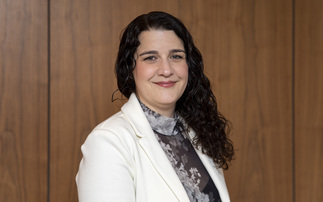Asking insurance customers to be honest could cut nearly £100 million off the £1 billion a year cost of fraudulent claims.
A behavioural science study by research firm Consumer Intelligence found redesigning claim forms so people are asked at the start to state their answers will be honest rather than at the end can dramatically cut fraud.
In controlled experiments amongst insurance customers Consumer Intelligence found that people lied more to insurers than on average but that dishonesty fell by 9.5% when people were asked to be honest before supplying information.
Ian Hughes, Ccief executive of Consumer Intelligence and the reports author, said: "There are a number of quick and easy measures insurers can take to use behavioural psychology in their favour.
"That can include reminding people of their need to be honest and not asking questions that force them to be creative such as the exact value or measurement of a lost item.
"If people don't know they have to guess and once they start guessing it is hard to stop."
He added that insurers should also think carefully about complaining about fraud publicly, for example: "If they are talking about Britain being the whiplash capital of Europe some people will instinctively think that it is more acceptable to put a false whiplash claim in because so many other people are doing so."








